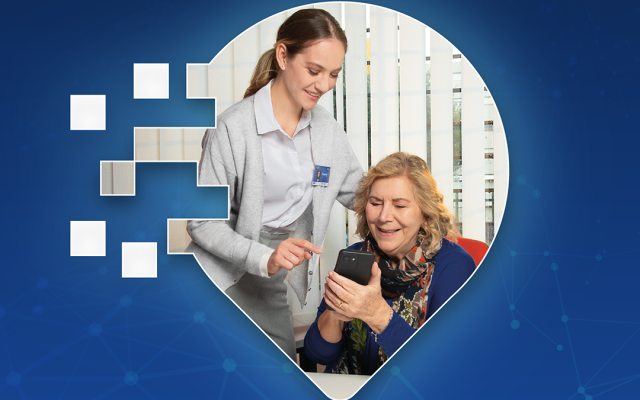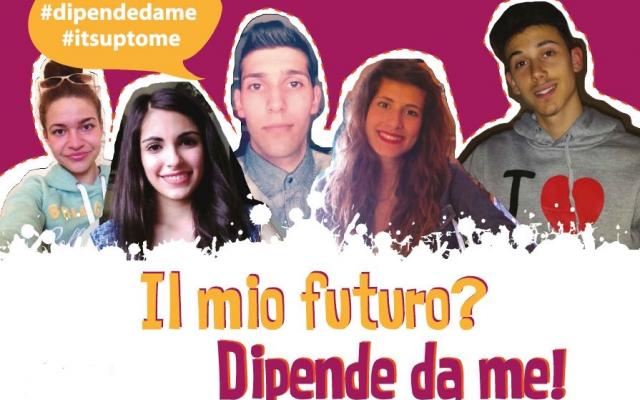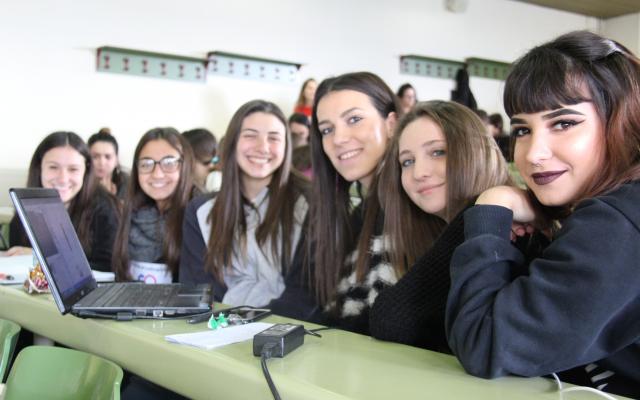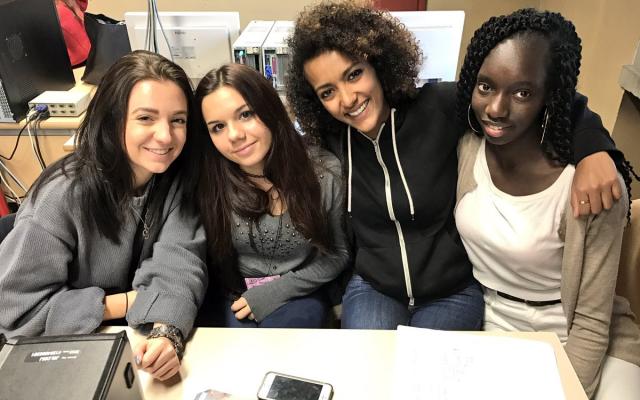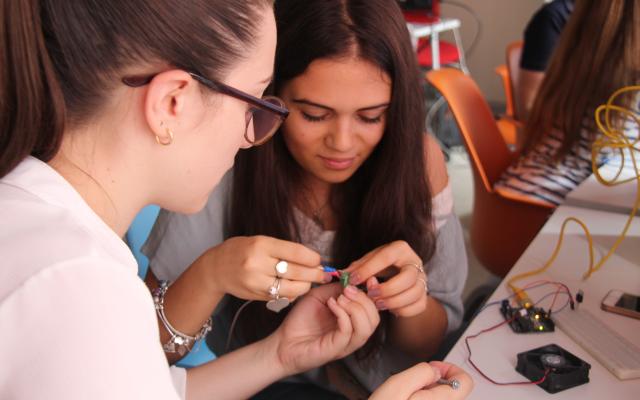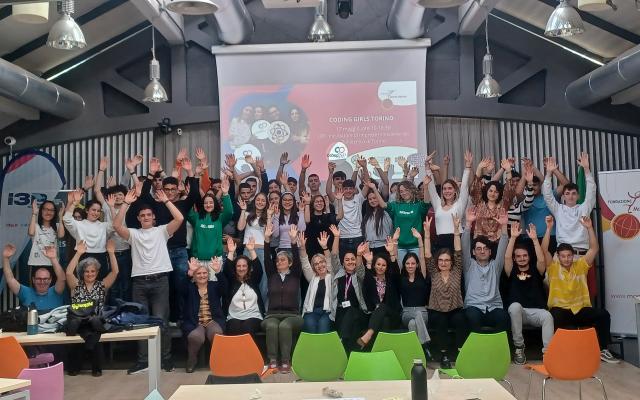Stem Week: the story of Delfina Malandrino from the University of Salerno
We open the second National Week of Science, Technology, Engineering and Mathematics Disciplines (4-11 February) with the story of Delfina Malandrino, associate professor at the Department of Informatics at theUniversity of Salerno, who has been passionately animating the Coding Girls project at her university for six years [see the news item Stem Disciplines Week].
How did your passion for computer science start?
My path in the field of Computer Science did not originate from a spontaneous passion, but was influenced by the people closest to me. During the delicate phase of choosing high school, I followed in my brother's footsteps by opting for a course of study that included, albeit not in depth, the study of computer science. At the end of that path, it was my father who suggested I enrol in the Computer Science degree course at Salerno. Partly because my brother was already attending it - yes, I was still following his path - but mainly because Dad had already sensed something. His words still echo in my mind: ‘That's the future, don't miss this opportunity’. And he was right.
What challenges did you face as a woman over 25 years ago?
No challenge in particular, I knew I had only one task, that of studying, and in fact I dedicated myself to my studies with passion and determination, driven by the desire to enter the world of work straight away. I imagined myself already in a large IT consultancy company, with the ambition of becoming a successful manager. However, life had a surprise in store for me: immediately after graduating, I was asked to undertake a PhD, which then led me towards an academic career.
Did you always know that you wanted to stay in the South or were there times when you considered moving?
I always wanted to stay here. I graduated here, at the University of Salerno, then completed my PhD here, and later won competitions that led me to researcher and lecturer positions at this same university. This university has been a sort of second home for me, a wonderful campus that has offered me numerous services and various opportunities for professional growth and fulfilment. I am deeply attached to this place, which has accompanied me at all stages of my academic career.
What factors prompted you to stay and contribute to the development of the area?
Definitely the working environment has been crucial for me. I am really lucky to have a team I work wonderfully with; they are not just colleagues, they have become a real family to me. When you work well and create a close-knit group with whom you share the same motivations and passions, then maybe the place you are in is really the right place.
Moreover, my deep connection with the territory pushes me to work in the direction of enhancing it and making it grow. This is why I have established relationships with many local ICT companies. With some we try to carry out scientific projects, while with others we collaborate on strategic initiatives, such as the Coding Girls programme, to help female students find jobs with the young and dynamic businesses in our area.
What are the most significant moments in your academic career? Is there a project or research that you are particularly attached to?
The most significant moment was when I became aware that I had the necessary skills to take on more responsibility and start ‘growing’. Organising my courses, guiding my students and my thesis students, creating a close-knit group with a great desire to get involved and experiment, has been the greatest satisfaction of this job. Realising that I have the skills to accompany and support the growth of other people, and then grow together with them, has undoubtedly been the highlight of my academic career.
On behalf of the Department of Computer Science at the University of Salerno, I have had the honour of following Coding Girls for six years, a project that is particularly dear to me, because I firmly believe in the principles promoted by the girls of the Fondazione Mondo Digitale. It is only thanks to positive female role models, in which young girls can recognise themselves, that it is possible to overcome the stereotypes that, even today, steer girls towards humanistic paths rather than towards Stem studies, sectors that in the modern economy offer enormous opportunities for professional growth. The passion that drives me drives me to improve the organisation of the activities every year, widening participation to as many schools as possible, involving numerous female students as tutors, trainers and role models, and trying to attract the support of organisations, institutions and companies. The ultimate goal is to prepare the new generations for Stem, to help them orientate themselves in the careers of the future and to offer them the opportunity to get to know and meet role models from the academic, corporate and institutional world. In this way, girls can be inspired by their stories, discover new career fields and access a wide range of opportunities for technological development and economic growth.
Have you had female role models who inspired you in your career path? And do you feel you have become a role model for young female students today?
Yes, I had a very specific role model. Her name is Filomena De Santis, Mena to her friends. A lecturer in the Department of Computer Science, retired. I took my first exam with her. I still remember her lectures, and even the exam I took with her. Mena was distinguished by her precision, professionalism and exigency, but at the same time by her extraordinary humanity. Over time our relationship changed, and evolved from teacher-student to colleague and then friend. And it was at this stage that I realised how much Mena represented the ideal of a teacher who was respected and loved, by her students and beyond. Just two days ago, a student who did not graduate with me came by to say hello, and to bring me a small graduation gift, a heart with ‘Love and Smile’ written on it. She didn't say anything to me, just: ‘Prof for who you are and what you represent...’.
Have you had any experiences or success stories of students who graduated from university and are now working in leading companies or have started innovative start-ups?
One among many, the one closest to me as a dear friend, is the story of Alessandra Sala. Alessandra graduated in Computer Science here in Salerno, also earning her doctorate here. She then moved abroad, first to the University of California at Santa Barbara and then to Bell Labs. She is currently director of the AI and Data Science department at Shutterstock and president of Women in AI, an international non-profit organisation working for gender inclusive AI and for the benefit of global society, Alessandra leads this association to support women and ethnic minorities to actively participate in AI development.

